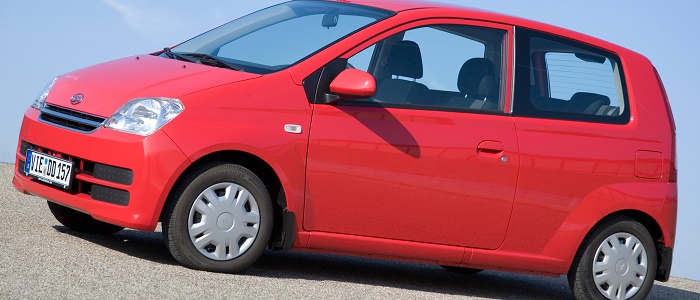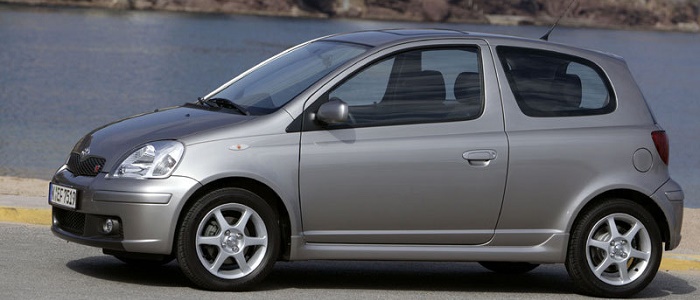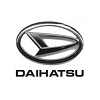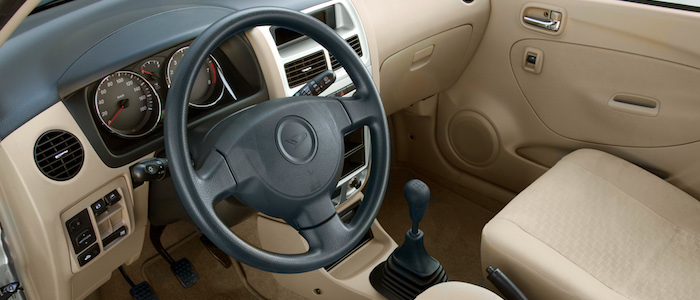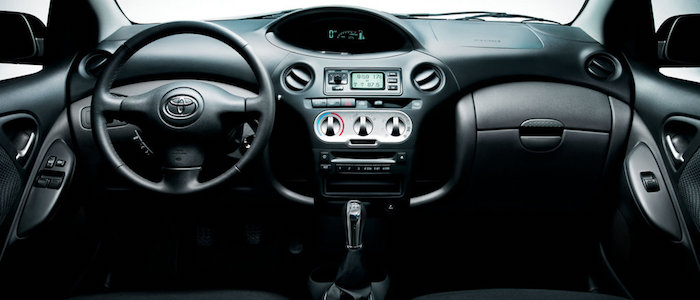Compare two cars
Compare any two cars and get our Virtual Adviser™ opinion
Marketing
Dimensons & Outlines
Engine
Performance (manual gearbox)
Performance (automatic gearbox)
Expenses
Virtual Adviser's™ opinion
Well, these are two pretty similar cars we have here! It's only details that could potentially make the difference. Considering they both belong to the city car segment and utilize the same 3-door hatchback body style and the front wheel drive system, it all comes up to the specific petrol engine choice they offer. Both the engines are Daihatsu-engineered . The first one has a 3-cylinder, 12-valves 58hp unit, while the other one gets its power and torque from a 3-cylinder, 12-valves 69hp one.
SafetyThe fact that the Toyota got tested by the European New Car Assessment Programme (Euro NCAP), while the other contender didn't, offers a slight advantage, as the 4-star rating is better than none. Moving further on, let's take a closer look at some additional safety-related facts. Both vehicles belong to the city car segment, which is generally not a very good thing safety-wise, still it doesn't help us solve our dilemma, does it? On the other hand, if we'd like to consider vehicle mass in this context too, which we definitely should, Yaris offers a considerable difference of 17% more metal.
ReliabilityManufacturers have been building their reliability reputation for decades now and, generally speaking, it appears that Daihatsu does have a slight advantage, when all the models are taken into account. These are the results of an independent reasearch, while our visitors describe reliability of Daihatsu with an average rating of 4.1, and models under the Toyota badge with 4.6 out of 5. The same official information place Cuore as average reliability-wise, and Yaris is more or less at the same level.Above it all, drivers of cars with the same engine as Cuore rank it on average as 4.0, while the one under the competitor's bonnet gets 4.5 out of 5.
Performance & Fuel economyDaihatsu is a bit more agile, reaching 100km/h in 0.8 seconds less than its competitor. Still, it lacks the power to win the top speed competition, topping at 145 kilometers per hour, 10km/h less than the other car. When it comes to fuel economy the winner has to be Cuore, averaging around 4.6 liters of fuel per 100 kilometers (61 mpg), in combined cycle. We can't ignore that 24% difference compared to Yaris.
Verdict
Toyota appears just a bit more reliable, although the difference is truly marginal. The most important thing when deciding between any two vehicles should always be safety, both passive and active. In my opinion, everything taken into account, Yaris beats the other contender by far, making it the best choice without even considering other things. From there things take a different direction, with Daihatsu offering somewhat better performance, just enough to call it quicker. To make things even better, it consumps less fuel! It's really tough to make a final decision here, but if I'd need to, I'd say Toyota. Anyway, that's the most objective conclusion I could've came up with and it's based solely on the information found on this website. Aspects such as design, practicality, brand value and driving experience are there for you to measure them out. Also, you could use the oportunity to find out which car, everything taken into account, would be the perfect choice for you in the eyes of the virtual adviser™, out of 12.000+ vehicles we currently have in our database.























